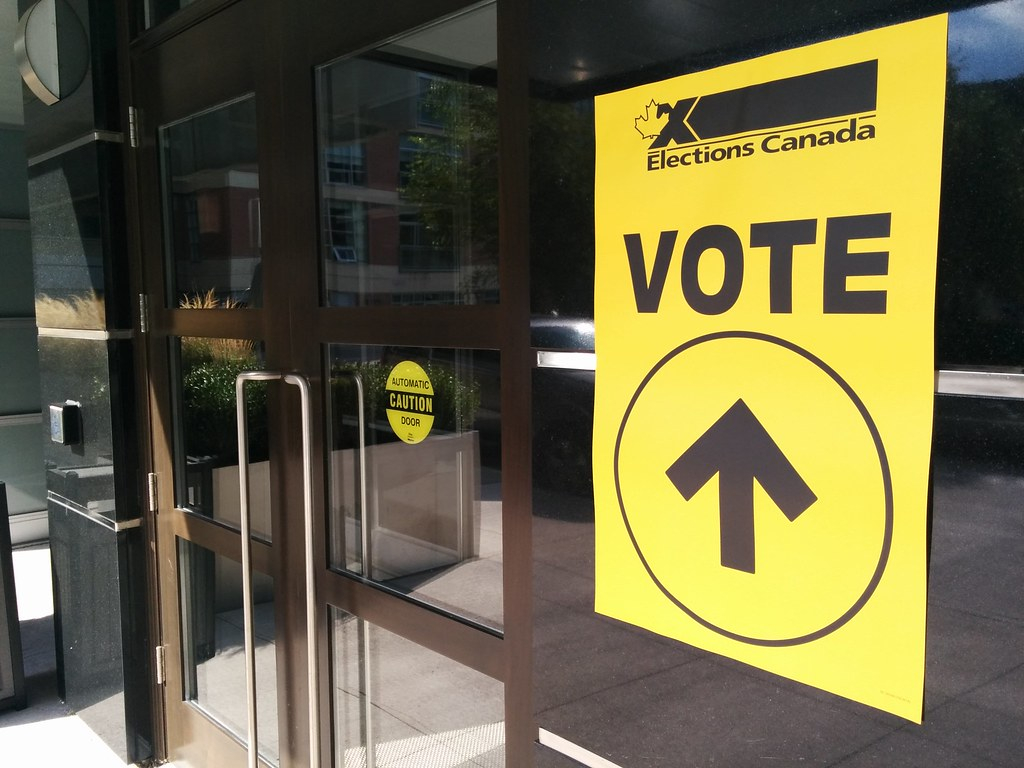Thank you for helping us meet our fundraising goal!
Canada's elections chief is set to take action to stop hate groups from getting tax breaks and lists of voters' names and addresses by registering as political parties.
Chief electoral officer Stéphane Perrault has told MPs he is preparing to suggest safeguards to make it harder for extremists to gain access to benefits, including broadcast time, designed for political parties.
Dominic LeBlanc, the minister responsible for Elections Canada, asked Perrault last year to look into the issue after it emerged that groups promoting racism, antisemitism and homophobia could access these benefits.
LeBlanc wrote to Perrault expressing concern about "space” in the current rules allowing “hate groups to access benefits intended for legitimate political activity with the express purpose of disseminating messages of hate.”
Ministers' offices are particularly concerned about giving hate groups the names and addresses of racialized Canadians for fear they could be targeted.
At a recent meeting of a House of Commons procedure committee, Liberal MP Ryan Turnbull asked the elections chief about the potential for hate groups to “get privileged access" under elections rules.
Perrault said it was personally “a matter of concern” that “hate groups not be able to be use the privileges afforded in the Canada Elections Act, the Income Tax Act — whether it is lists of electors, whether it is access to special platforms, broadcasting time or tax credits.”
He said he planned to make recommendations next month to address this, possibly including a higher bar for registering as a political party, in a report to Parliament about the election.
Perrault did not elaborate on specific measures the report might include because it needs to go to Parliament first.
The report is also expected to address ways to make voting easier in remote regions and on First Nations reserves after it emerged several fly-in Indigenous communities did not have access to polling stations at the election.
The Canadian Nationalist Party, a far-right group favouring a state dominated by Canadians of European descent, was registered as a political party in Canada in 2019.
This means the group, which also calls for public funding to be revoked for Pride parades, could issue tax rebates for donations to its cause and access the name and home address of every registered voter in Canada.
A group that wishes to register as a federal political party must apply to the chief electoral officer. The application must include the names, addresses and signatures of 250 electors who declare they are members of the party and support its registration.
It also must include the party's "fundamental purpose," as well as its policy on protection of personal information, among other things.
Bernie Farber, chair of the Canadian Anti-Hate Network, said “our electoral regulations would allow even the most severe neo-Nazi elements in Canada to become legitimate political parties with only a couple hundred signatures.”
“Once given status, these dangerous extremists would be given complete electoral lists, giving the personal information of every Canadian voter, putting anti-racists, human and civil-rights workers, politicians, journalists and many others in potential jeopardy,” he said.
“Those who might wish to do harm now have access to what they need.”
This report by The Canadian Press was first published March 2, 2022.




Comments